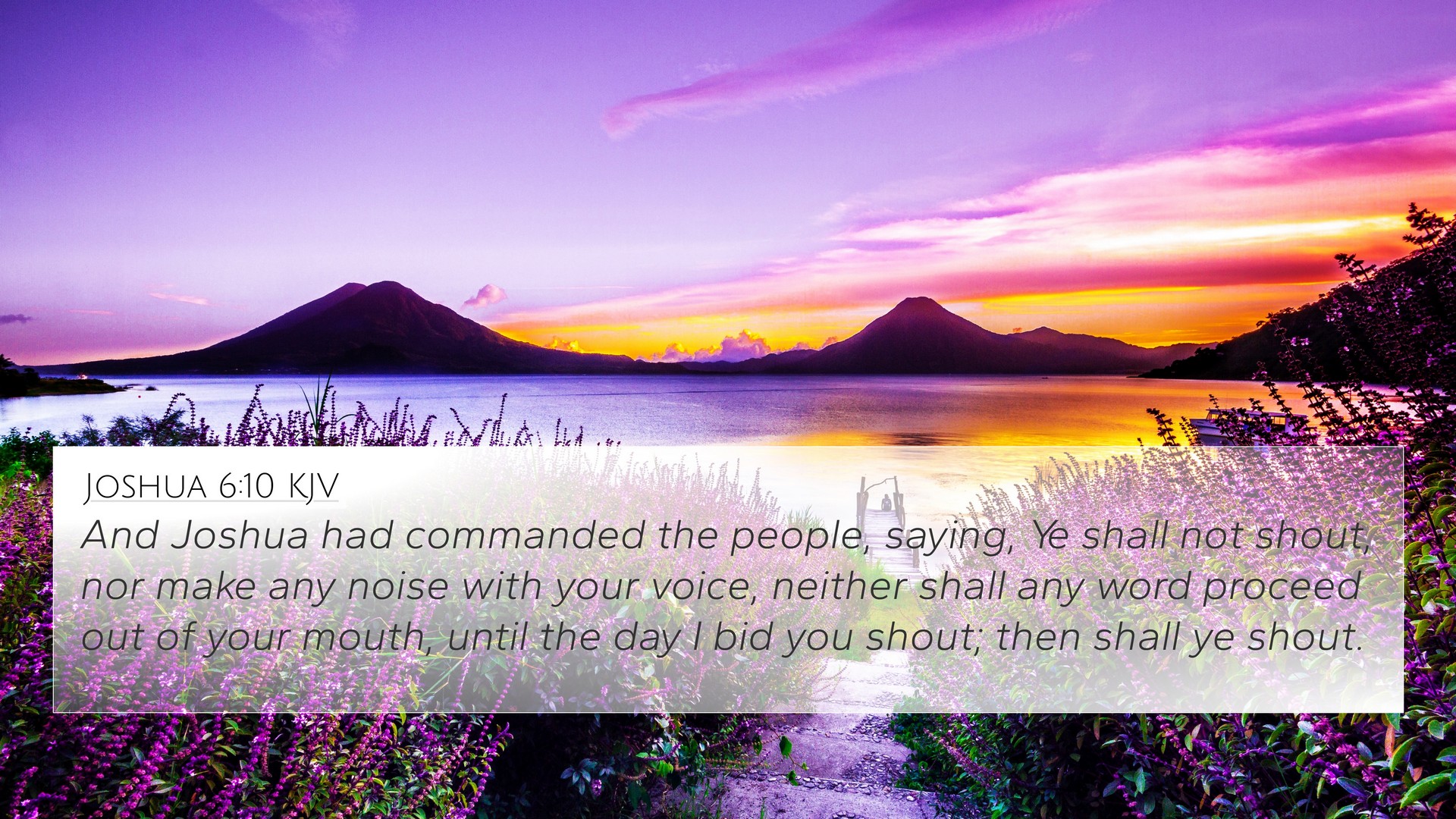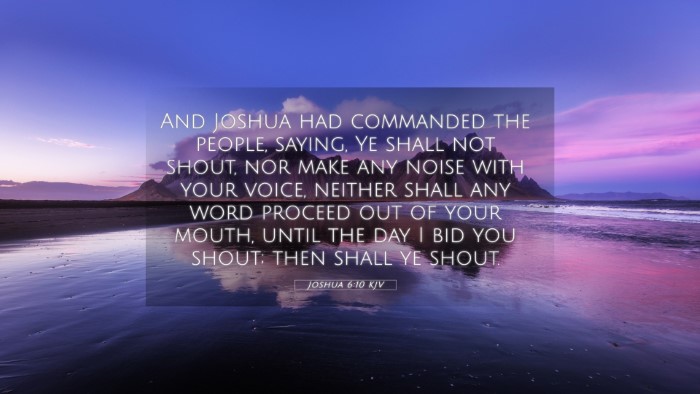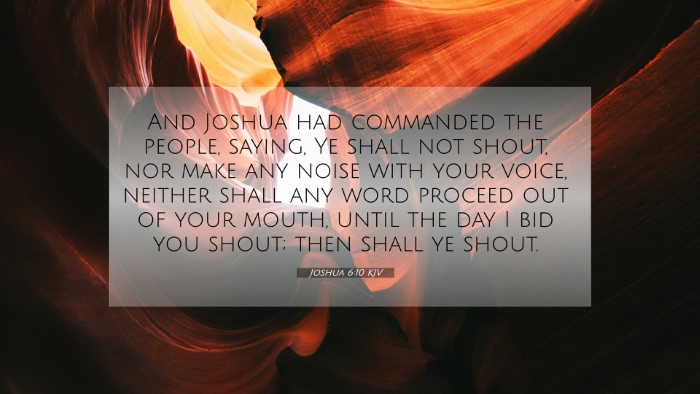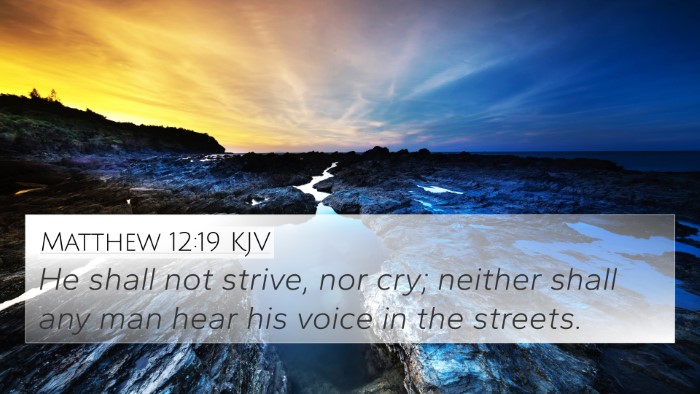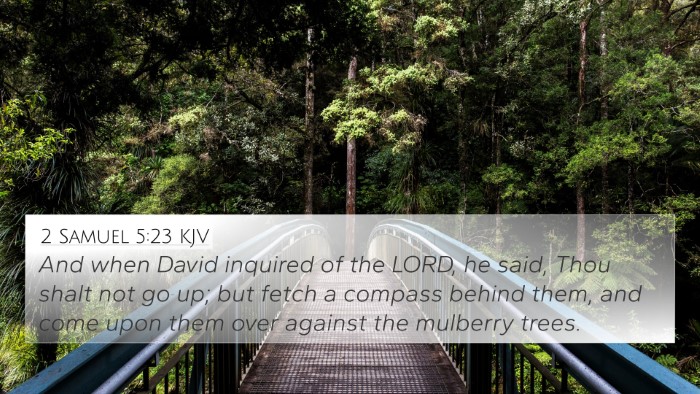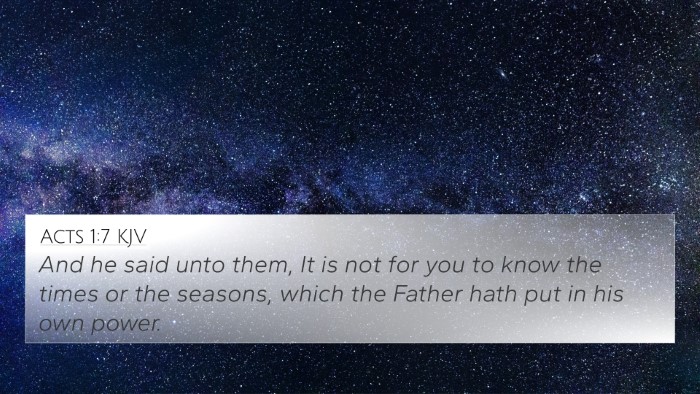Understanding Joshua 6:10
Verse: "And Joshua had commanded the people, saying, 'You shall not shout, nor make any noise with your voice, nor shall a word proceed out of your mouth until the day I say to you, 'Shout!' Then you shall shout.'"
Summary of Insights from Commentaries
This verse captures a crucial moment during the siege of Jericho, emphasizing the importance of obedience and divine instruction. Through careful examination of public domain commentaries, we gain various insights regarding its meaning and implications.
Matthew Henry's Commentary
Henry emphasizes the significance of silence during this period, pointing to the need for faith and obedience without murmuring. He indicates that the people were to act per Joshua's commands, awaiting the appointed time when the Lord would intervene. This silence represents a profound expression of trust in God's strategy for delivering the city into their hands.
Albert Barnes' Notes
Barnes explains the strategic aspect of God’s command to remain silent, which reflects a contemplative approach rather than a hasty one. He draws attention to the psychological effect this silence may have had on both the Israelites and the inhabitants of Jericho, creating an atmosphere of tension and anticipation. This illustrates how divine instruction often contradicts human expectations and strategies.
Adam Clarke's Commentary
Clarke delves into the theological implications of the command. He notes that this silence can symbolize a period of reflection and the collective faith of the Israelites. Furthermore, to shout at the wrong time would show disobedience to divine order, which could lead to disaster rather than victory. Clarke indicates that obedience in silence was also a form of worship, as it acknowledged God's sovereignty over their circumstances.
Key Themes and Interpretations
- Obedience: The verse illustrates the critical theme of obedience to God’s directives as the means to achieve victory.
- Faith: It highlights faith in action, encouraging believers to trust in God's plan even without immediate understanding.
- Divine Timing: The command to remain silent underscores the concept of divine timing, suggesting readiness to act at the right moment, as determined by God.
- Spiritual Warfare: The verse sets the stage for a spiritual battle, stressing that victories are won through faith and God's power rather than through physical might or noise.
Bible Verse Cross-References
This verse connects to various other scripture passages, enriching our understanding through comparative Bible verse analysis. Below are related verses that enhance the thematic connections:
- Hebrews 11:30: "By faith the walls of Jericho fell down after they were encircled for seven days."
- Isaiah 30:15: "In quietness and confidence shall be your strength."
- Zechariah 4:6: "Not by might, nor by power, but by My Spirit," says the Lord of hosts.
- 1 Samuel 15:22: "To obey is better than sacrifice..." - a reminder of the importance of obedience to God's voice.
- Exodus 14:14: "The Lord will fight for you, and you shall hold your peace."
- Matthew 12:36: "But I say to you that for every idle word men may speak, they will give account of it in the day of judgment." - emphasizing the value of choosing words wisely.
- Joshua 1:8: "This Book of the Law shall not depart from your mouth, but you shall meditate in it day and night." - connecting the theme of silence to meditation.
Conclusion
Joshua 6:10 serves not just as a historical account of the siege of Jericho, but also as a timeless lesson on the principles of faith, submission, and divine strategy. By examining this verse alongside its cross-references and insights from esteemed commentaries, believers can deepen their understanding of biblical themes and their application to contemporary spiritual life.
